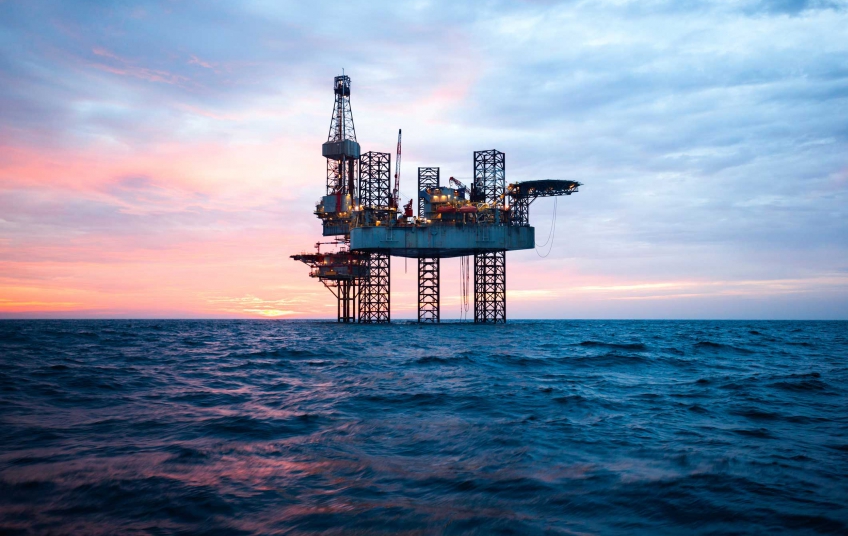Romania’s Chamber of Deputies has voted in favour of imposing new taxes on Black Sea oil and gas companies in an attempt to reduce Romania’s dependence on Russian energy imports. The decision was swung by 175 votes in favour to 30 against.
Under the amendment, companies will now pay progressive taxes on additional income generated through Black Sea oil and gas extraction operations. It further declares that 50% of all production will have to be transacted in Romania.
Social Democratic Party leader Liviu Dragnea said this would reduce the nation’s reliance on Russian energy imports.
Dragnea said: “We cannot accept that Romania continues to be energy dependent on Russia. The fact that we put 50% of all production on bilateral contracts and 50% of transactions on the local market means that Romania turns into one of the few countries in the world that become energy independent.”
He added that the new law amendment would generate tens of billions of euros for Romania.
The Association of Black Sea Titleholders disagreed, telling the Romanian media: “We believe the amendments adopted…will have a significantly negative impact on the offshore oil and gas industry in Romania and will discourage investments in the Black Sea, with the immediate consequence of diminishing the potential for additional production of hydrocarbons in the offshore area.”
Major energy companies with interests in Black Sea oil and gas extraction, including energy giants ExxonMobil, PanAtlantic Petroleum, Lukoil, and Romgaz are also said to be perturbed by the decision.
Exxon Romania lead country manager Richard Tusker said: “Every investor will have to make an investment decision, but following the change in the tax regime, it will become more difficult for each investor to take a positive investment decision. It is very important for investors to have a stable tax regime throughout the investment.”
Austrian oil and gas company OMV Petroleum joined the outcry, saying the new amendment would “move us away from adopting a positive investment decision”. It agreed that more analysis is needed before any investment decision is made.
GlobalData senior oil and gas analyst Will Scargill told Offshore Technology: “Although the 30%-50% gas windfall tax introduced by the offshore law is lower than the onshore tax, it will disappoint E&Ps who had hoped that no additional tax would be imposed, accounting for the higher risks and costs of deepwater Black Sea operations.
“The two major projects awaiting FID – Midia and Domino – exhibit strong economics based on the current high European gas prices and the effect of the new tax on their break-even price is relatively small.
“However, the imposition of the new tax combined with the 50% domestic market obligation also introduced by the law will limit the opportunity for Black Sea investors to benefit from price upsides resulting from the de-regulation of the Romanian gas market. This will reduce the overall investment attractiveness of the Romanian Black Sea to E&Ps.”





